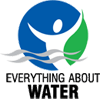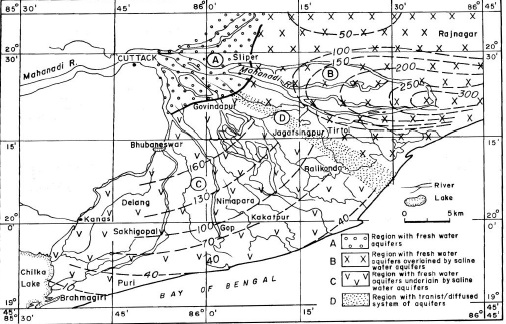/topics/treatment-and-purification
Treatment and Purification
Invitation for case study submission in water magazine
Posted on 06 Aug, 2010 11:26 AM
Our publication is coming up with the annual "Case Study Special Issue” in Sept. 2010. Its a collector’s issue, where we are covering leading industries across the globe.
Impacts of groundwater contamination with Fluoride and Arsenic: A report by CAREWATER
Posted on 04 Aug, 2010 10:25 AM
The field research study conducted by Carewater INREM Foundation attempts to establish the impacts of groundwater contamination with fluoride and arsenic in India. It maps the affliction severity, the medical cost and wage loss through a multi-location study in some villages in the States of Rajasthan, Andhra Pradesh, Karnataka and West Bengal.
Reverse Osmosis plants for rural water treatment in Gujarat - A study by CAREWATER
Posted on 03 Aug, 2010 10:21 PM The report by Carewater INREM Foundation deals with Reverse Osmosis (RO) technology, which is emerging as an important solution for drinking water treatment in rural Gujarat. RO plants with capacity ranging from 10 litres per hour (lph) to 6000 lph are now supplying drinking water in several hundred villages of the State. Small sized plants with capacity < 20 lph are used by individual families whereas medium to large sized plants (>100 lph) are being used for public consumption.
The report by Carewater INREM Foundation deals with Reverse Osmosis (RO) technology, which is emerging as an important solution for drinking water treatment in rural Gujarat. RO plants with capacity ranging from 10 litres per hour (lph) to 6000 lph are now supplying drinking water in several hundred villages of the State. Small sized plants with capacity < 20 lph are used by individual families whereas medium to large sized plants (>100 lph) are being used for public consumption.
5th Global YES Summit, Rework The World - A trip report
Posted on 26 Jul, 2010 11:17 PMHad the opportunity to attend a recent worldwide gathering on the topic of youth and social entrepreneurship, which gave much food for thought. The event was the 5th Global YES Summit, entitled “ReWork The World”. Details of the gathering are at www.reworktheworld.org . The message there was that we need to do something radical in order to find productive work for the vast numbers of youth coming into the workforce especially in developing nations. The new jobs cannot be of the old variety, they need to be green, sustainable jobs. In other words, we need to ‘rework the world’. The conference was based on the premise that these new jobs will come out of social entrepreneurship.
History of water filters - Past, present and future of water filtration technology
Posted on 11 Jul, 2010 02:16 PMThe History of Water Filters website, has interesting and useful information on water filters, water treatment alternatives and water quality.
A study of saline freshwater interface phenomena in the Mahanadi delta region (Orissa)
Posted on 10 Jul, 2010 10:40 PM The subsurface aquifer systems in Mahanadi delta region in Orissa (India) is largely characterized by two groups of freshwater aquifer systems, both of which are prone to saline water mixing/migration with time and development:
The subsurface aquifer systems in Mahanadi delta region in Orissa (India) is largely characterized by two groups of freshwater aquifer systems, both of which are prone to saline water mixing/migration with time and development:
- The south western Mahanadi delta region is represented by unconfined to semi-confined freshwater aquifers underlained by brackish/saline aquifer systems with a diffusion boundary.
- The north eastern parts of Mahanadi delta is represented by deep freshwater confined aquifers overlained by brackish/saline water aquifers with aquitard/ aquiclude boundary.
Optimal operation of groundwater skimming wells A study of 90 wells along the river Yamuna at Palla,North Delhi
Posted on 02 Jul, 2010 04:49 PMAbstract
Resources on water quality, public health and water safety from the World Water Day - UN Water website
Posted on 02 Jul, 2010 01:24 AM The UN-Water website's World Water Day 2010 section, provides access to a range of informative, educational and advocacy material on water.
The UN-Water website's World Water Day 2010 section, provides access to a range of informative, educational and advocacy material on water.
The documents and publications section includes a range of documents related to water quality, drinking water quality and public health, and water safety planning and management including the safe use of wastewater for agriculture and aquaculture.
Skimming well technology for saline groundwater management
Posted on 23 Jun, 2010 12:49 PMThe term skimming well is used for any technique employed with an intention to extract relatively freshwater from the upper zone of the fresh-saline aquifer. The types of skimming wells include: the conventional single strainer well, multi-strainers wells, scavenger wells, radial collector wells and dug wells.
A complete analysis of water should be done before finalising the water filter
Posted on 10 Jun, 2010 10:23 AMDear Users of IWP,





